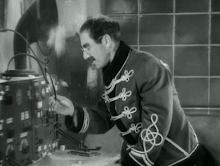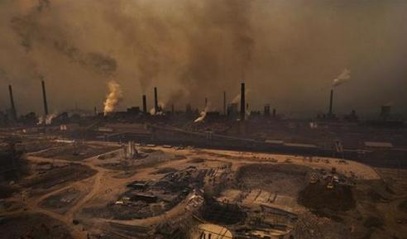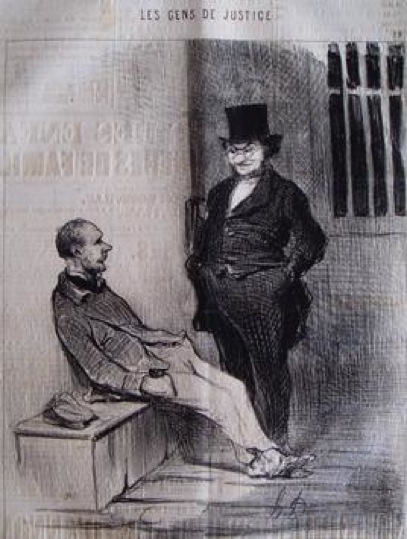SCENARIO
A well-armed genocidal faction in the notional city of Nradreg has surrounded a group of humanitarian aid workers and refugees, who face starvation and imminent attack. This enemy faction has rejected all diplomatic efforts to negotiate safe passage of relief supplies. As part of international relief efforts, a combined U.S. Army air, sea and ground task force has been ordered to use appropriate force to reach the remote compound. The Army will employ artillery and electronic warfare assets to suppress enemy air defenses while a Special Forces team parachutes deep into enemy territory. Then, AH64 Apache attack helicopters will destroy hostile coastal defenses to permit the entry of an Army Theater Support Vehicle (TSV) into Nradreg’s harbor. The Army ground task force, mounted in Strykers and HMMWVs, will come ashore and fight through fierce resistance to rescue the trapped aid workers and refugees, and deliver vital supplies.
One can only hope that the game itself is as excellent as this Virtual Army Propaganda, a truly beautiful, concise encapsulation of contemporary American imperialist discourse. The ugly racialized eastern-southern Otherness of "Nradreg"; the genocidal wolves preying on those supremely passive sacrificial lambs named "humanitarian aid workers and refugees"; the "reject[ion]" of "all diplomatic efforts" (we try ever so hard, but--sigh--those barbarians only understand the language of force); and of course, the U.S. warmachine's vital mission:
I suppose the author(s) could have included more about the oppression of the Nradregi women, but that might have been overkill: the gendering of "humanitarian aid workers and refugees" is not exactly too subtle: when is the last time you've seen a picture of a male refugee (particularly, a male refugee who is neither prepubescent or elderly); and is the humanitarian aid worker not the feminine to the masculine imperialist, whether soldier, scientist, or entrepreneur?
The "Army Experience" cited at the beginning of this post unfortunately exemplifies a very serious problem of contextualization--of the "framing of war"--encountered by those of us who would like to resist, or at least think critically about, the endless aggressive war that envelops us. In a sense this should not be so hard: what do we expect from actual war propaganda? Complexity? Critical analysis? The enemy is going to be presented as vicious, opaquely evil, racial Other--when has this ever not been the case? One cannot concede the framing of the question to one's opponent: the formulation of the question is infinitely more important than the answer.
I'm currently reading a recent book by Judith Butler called "Frames of War"; in an early chapter she states (p. 37):
How do these brief reflections on the perils of democracy affect our way of thinking about global responsibility in times of war? First, we be wary of invocations of "global responsibility" which assume that one country has a distinctive responsibility to bring democracy to other countries. I am sure that there are cases in which intervention is important--to forestall genocide, for instance. But it would be a mistake to conflate such an intervention with a global mission, or indeed an arrogant politics in which forms of government are forcibly implemented that are in the political and economic interests of the military power responsible for that implementation.
Butler is "sure" that there are "cases in which intervention is important." The humanitarian emergency in the city of Nradreg would undoubtedly be such a case. What is wrong here? Surely it has to be the concept "genocide" as privileged "frame of war," as master signifier of cultural anti-politics--violence that is not so much perpetrated on a racialized Other but by a racialized (irrational, savage, inhuman) Other. It is this Other (the "anal object") who is then thrust out of the human community in order to reestablish social harmony--harmony which is ahistorical and unafflicted by socioeconomic antagonism but occasionally threatened by the intrusion of violent, inhuman outsiders.
Imperialist intervention cannot be truly successfully contested from within the imperialist frame of genocide and cultural/racial oppression, because the issue is not so much that those who endorse and participate in imperialist war get the answers to their own questions wrong; it's that the questions they pose are themselves wrong, self-serving, and fantastical.













No comments:
Post a Comment